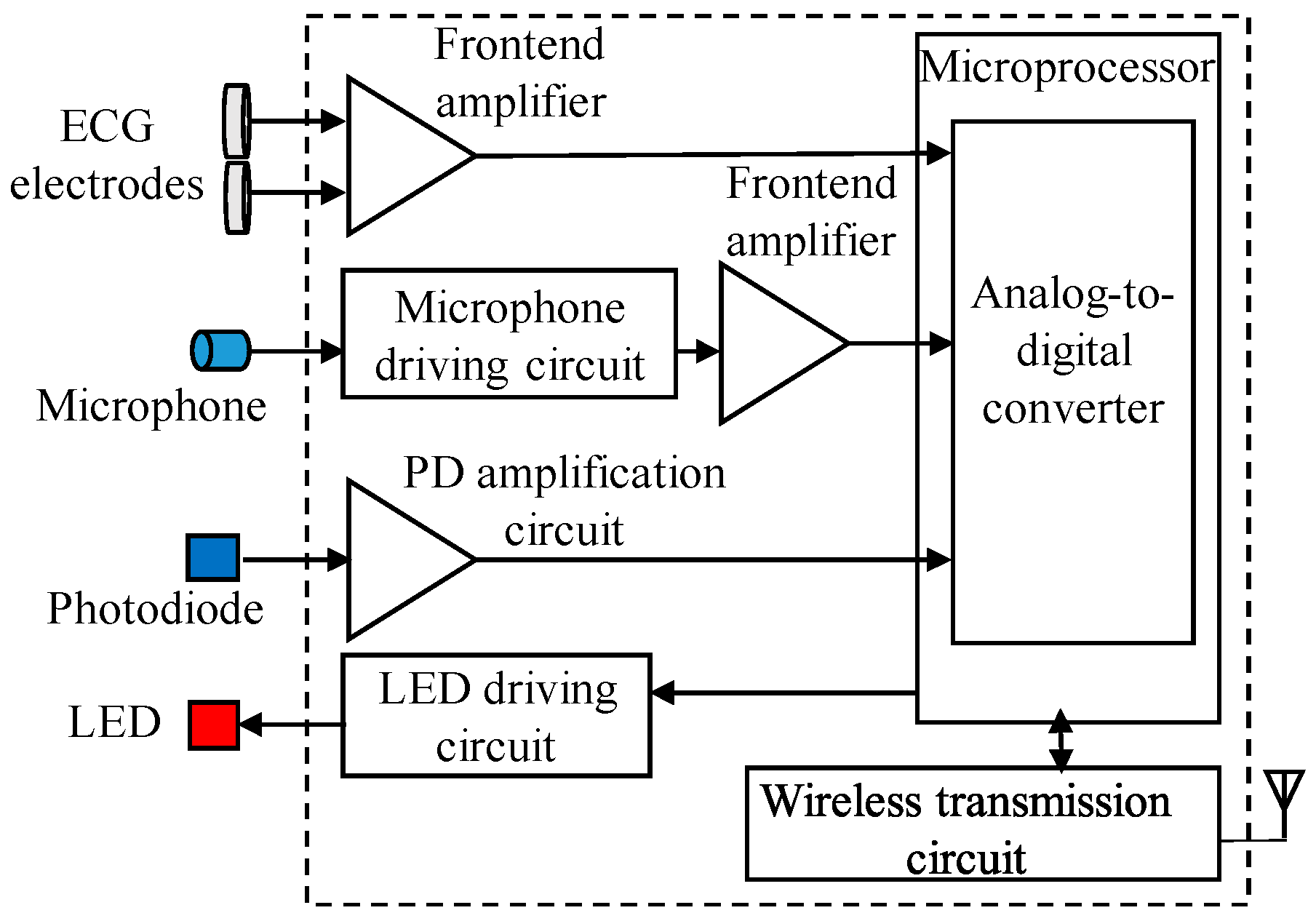Bowel Sound Learning Module System
Details AHT - Making you the Future of HealthcareAll Health Training is a registered Training Organisation (TOID 22066) committed to quality training and education. We provide a ranges of courses, workshops and by distance learning specialising in the health care industry. AHT LocationsModern and fully equipped training facilities at Blackburn, Narre Warren and Preston. Public Course BookingsTo view our upcoming public workshop dates,.Click the “Apply” button to send through an enquiry. Group/Corprate BookingsGroup bookings can be delivered at your own facility or at one of AHT’s training facilitiesClick the “Apply” button to send through an enquiry. For Enquiries and PricingPhone: 03 9894 3900 or Email:Head Office: Level 2, 29 Railway Rd, Blackburn VIC 3130 03 9894 3900.
Article Index.Abdominal Noises What causes Bowel Sounds?In order for the bowel (intestines) to be heard, three conditions must be met:. Muscular contraction of the intestinal wall. The presence within the intestines of liquid. The presence within the intestines of gasWhile seldom of medical importance, for some a rumbling, growling stomach can be a source of embarrassment. Termed “borborygmi,” bowel sounds seem loudest to those experiencing the sounds. However, most such noises are inaudible. Many people are unaware of them or at least unconcerned.When we are awake, our intestines rhythmically move as the walls contract and relax to mix food with secretions and move it haltingly along.

The occasional “peristaltic rush” may be heard as intestinal contents are moved some distance.It is important to separate borborygmi from other gaseous phenomena such as belching, bloating, and the passing of intestinal gas (flatus). While these may occur in the same person, they are causally unrelated.Within the intestines, ingested fluids and solids are mixed with the daily secretion of about eight liters (two gallons) of enzyme-rich fluid, most of which is subsequently absorbed.
However, fluid moving through a tube is silent – it is only when there is air in the pipes that we hear the plumbing.In the intestine ever-present gases originate from swallowed air and the release of hydrogen, carbon dioxide, and other gases by the bacterial fermentation of undigested food in the lower gut.Even when inaudible to the intestines’ owner, characteristic sounds may be listened to by a doctor or nurse using a stethoscope. While the noisy movement of fluid and gas occurs at all levels, the most audible sounds originate from the stomach.Medical Importance of a Noisy TummyWhether audible or not, bowel sounds in the absence of other significant symptoms are normal phenomena of no medical significance. Their harm is embarrassment, a social rather than a medical affliction.However, in certain medical circumstances, hyperactive or absent bowel sounds are abnormal.Hyperactive Bowel Sounds – Bowel sounds are often noted by an examining physician to be hyperactive when the patient is experiencing diarrhea. The increased peristaltic movement of the intestines coupled with increased net intestinal accumulation of fluid and gas amplify the sounds of watery stool splashing through the gut.Certain malabsorption states are associated with exaggerated bowel sounds. For example, reduced small intestinal levels of the enzyme needed to digest the milk sugar lactose, permits that sugar to reach the colon intact where it is fermented by colon bacteria.These organisms release hydrogen and products that attract fluids into the gut and stimulate its contractions. These amplify the three conditions that produce abdominal sounds: gut movement, gas, and fluid.Another example of malabsorption is that occurring with celiac disease.A more serious instance of hyperactive bowel sounds occurs in incomplete mechanical obstruction of the gut. In this emergency situation, increased intestinal contractions attempt to force solids, liquids, and air through a narrowing of the intestine producing very loud sounds, often in high-pitched peristaltic episodes.
Bowel Sound Learning Module System Download
When obstruction occurs, illness is obvious and the patient suffers severe abdominal pain and malaise.While there are occasions where observers agree that a person’s bowel sounds are hyperactive, the threshold of abnormality is indistinct. There is much individual variation, and even ingestion of a large amount of fluid can result in loud tummy gurgling. Borborygmi, however loud, are seldom a sign of disease in the absence of diarrhea or other symptoms and are a rare and unreliable sign of malabsorption.Absent Bowel Sounds – While the intestines may be quiet during sleep and at certain times of the day, their complete absence during an attack of severe abdominal pain is a sign of a serious intra-abdominal event; an emergency requiring immediate admission to hospital and sometimes surgery.
The intestines also become quiet following abdominal surgery and the return of bowel sounds is an early and reliable sign of recovery. Too much of certain sugars may cause a noisy tummy. Try reducing the amount of fructose and sorbitol that you eat.Fructose, naturally present in onions, artichokes, pears, and wheat, is also used as a sweetener in some soft drinks and fruit drinks.Sorbitol, found naturally in fruits, including apples, pears, peaches, and prunes, is also used as an artificial sweetener in many dietetic foods and sugar-free candies and gums.What you can do about a Noisy Tummy?There is no specific treatment for borborygmi.
They may accompany common disturbances of intestinal function such as dyspepsia or irritable bowel syndrome. If diarrhea is present, or malnutrition/malabsorption is suspected, a doctor should be consulted.Diet may help if lactose intolerance is truly present, or if there is excessive ingestion of fructose or the artificial sweetener (and also laxative) sorbitol. These are commonly present in diet gums, candies, and preserves. Patch skullptura fallout 3. Excessive amounts of these sugars (not just one stick of diet gum) may cause diarrhea, flatus, and increased intestinal noise.Bowel sounds are normal.

But if, despite these explanations, you feel that your bowels’ noises are interfering with your enjoyment of life, you should discuss the problem with your family doctor.